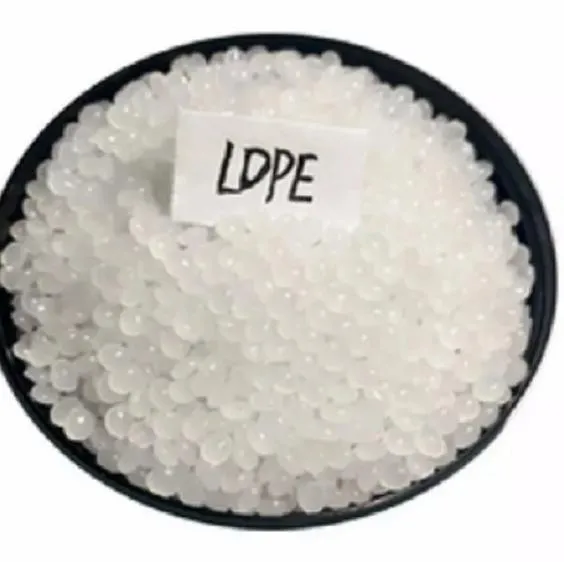 Email: sale@hebeidisha.com
Email: sale@hebeidisha.com
 Tel: +86 13315186550
Tel: +86 13315186550
- Afrikaans
- Albanian
- Amharic
- Arabic
- Armenian
- Azerbaijani
- Basque
- Belarusian
- Bengali
- Bosnian
- Bulgarian
- Catalan
- Cebuano
- China
- China (Taiwan)
- Corsican
- Croatian
- Czech
- Danish
- Dutch
- English
- Esperanto
- Estonian
- Finnish
- French
- Frisian
- Galician
- Georgian
- German
- Greek
- Gujarati
- Haitian Creole
- hausa
- hawaiian
- Hebrew
- Hindi
- Miao
- Hungarian
- Icelandic
- igbo
- Indonesian
- irish
- Italian
- Japanese
- Javanese
- Kannada
- kazakh
- Khmer
- Rwandese
- Korean
- Kurdish
- Kyrgyz
- Lao
- Latin
- Latvian
- Lithuanian
- Luxembourgish
- Macedonian
- Malgashi
- Malay
- Malayalam
- Maltese
- Maori
- Marathi
- Mongolian
- Myanmar
- Nepali
- Norwegian
- Norwegian
- Occitan
- Pashto
- Persian
- Polish
- Portuguese
- Punjabi
- Romanian
- Russian
- Samoan
- Scottish Gaelic
- Serbian
- Sesotho
- Shona
- Sindhi
- Sinhala
- Slovak
- Slovenian
- Somali
- Spanish
- Sundanese
- Swahili
- Swedish
- Tagalog
- Tajik
- Tamil
- Tatar
- Telugu
- Thai
- Turkish
- Turkmen
- Ukrainian
- Urdu
- Uighur
- Uzbek
- Vietnamese
- Welsh
- Bantu
- Yiddish
- Yoruba
- Zulu
Jūl . 20, 2024 09:51 Back to list
Exploring the Role and Impact of Aspartame in Popular Sweetener Products Like Canderel
Aspartame in Canderel A Sweet Controversy
Canderel, a well-known brand of artificial sweetener, has been a popular choice for those seeking to reduce their sugar intake and manage their caloric consumption. At the heart of Canderel’s sweetness lies aspartame, a low-calorie sweetener that has been the subject of extensive research, debate, and controversy since its introduction. Understanding the role of aspartame in Canderel not only sheds light on its sweetening properties but also highlights the ongoing discussions regarding its safety and potential health effects.
Aspartame in Canderel A Sweet Controversy
Despite its popularity, aspartame has been at the center of considerable controversy. In the 1980s, its approval by various health authorities, including the U.S. Food and Drug Administration (FDA) and the European Food Safety Authority (EFSA), marked a significant milestone in the realm of food science. However, over the years, concerns regarding its safety have emerged, with some studies suggesting potential links to a range of health issues, including headaches, allergic reactions, and even more serious conditions like cancer. This has led to ongoing debates among consumers, health professionals, and regulatory bodies.
aspartame in canderel

One of the primary concerns about aspartame revolves around its metabolism. When ingested, aspartame is broken down into its constituent parts, including phenylalanine, which is of particular concern for individuals with phenylketonuria (PKU), a rare genetic disorder that prevents the proper metabolism of phenylalanine. Consequently, products containing aspartame, including Canderel, are required to carry warning labels for those affected by PKU. For the general population, however, extensive research has not substantiated claims of severe adverse effects from moderate consumption of aspartame, and major health organizations continue to deem it safe for the majority of the population.
Consumers are becoming increasingly health-conscious, prompting a greater scrutiny of food ingredients, including artificial sweeteners. This shifting perspective has led many to seek alternatives to aspartame, such as stevia, monk fruit, and sucralose, which are perceived by some as more “natural” options. In response to this trend, Canderel has expanded its product line to include these alternatives, appealing to a broader audience that prioritizes natural ingredients alongside taste and caloric control.
In conclusion, aspartame remains a central component of Canderel, providing a sweet solution for those looking to curb their sugar intake. While it has faced criticism and scrutiny over the years, the consensus among health authorities is that it is safe for consumption for most people. As consumer preferences evolve, the dialogue surrounding aspartame and sugar substitutes will undoubtedly continue, highlighting the dynamic interplay between health, taste, and the food industry. As individuals navigate their dietary choices, understanding the implications of artificial sweeteners like aspartame will be crucial in making informed decisions for their health and well-being.
Latest news
-
Certifications for Vegetarian and Xanthan Gum Vegetarian
NewsJun.17,2025
-
Sustainability Trends Reshaping the SLES N70 Market
NewsJun.17,2025
-
Propylene Glycol Use in Vaccines: Balancing Function and Perception
NewsJun.17,2025
-
Petroleum Jelly in Skincare: Balancing Benefits and Backlash
NewsJun.17,2025
-
Energy Price Volatility and Ripple Effect on Caprolactam Markets
NewsJun.17,2025
-
Spectroscopic Techniques for Adipic Acid Molecular Weight
NewsJun.17,2025